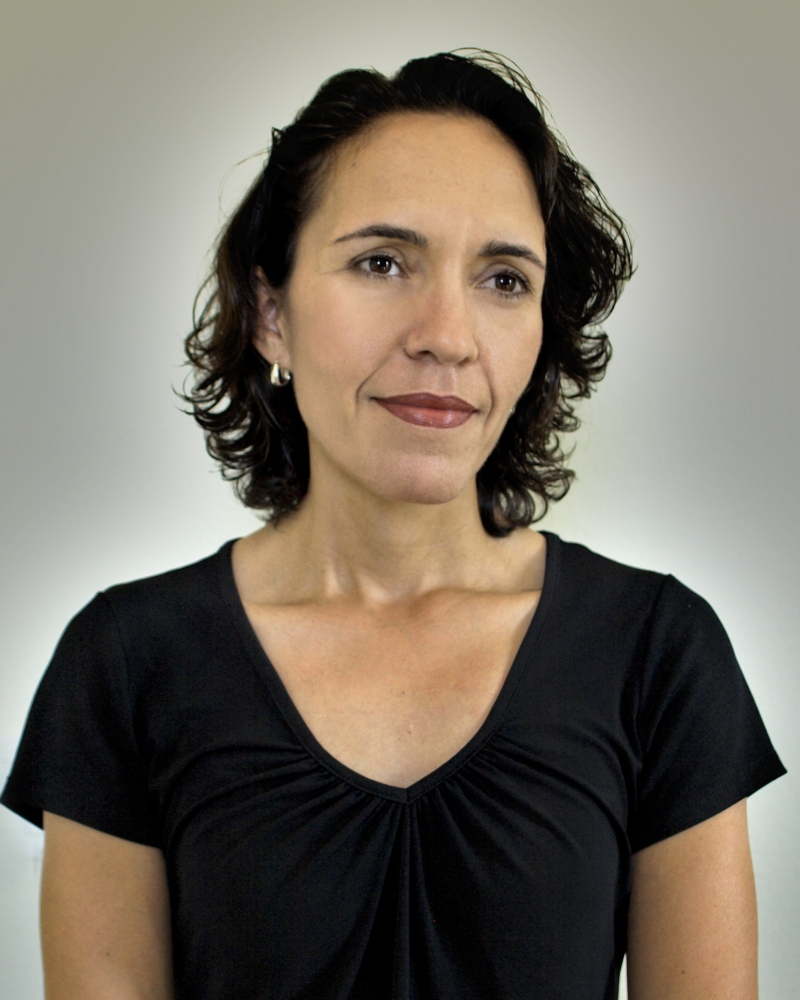
A Scholar on the Road
Miroslava Chávez-García, who has done groundbreaking studies on race, gender and power in California, is taking her scholarship in a new direction: Germany. A professor in the Department of Chicana and Chicano Studies at UC Santa Barbara, she has been selected to receive the 2016 residency at the University of Tübingen by the Organization of American Historians.
“Traveling to Germany and teaching at a local university, the University of Tübingen, one of the oldest institutions of higher learning in Germany and located just south of Stuttgart, will be an amazing opportunity,” Chávez-García said.
As a resident scholar, Chávez-García will lead a course titled “Race and Juvenile Justice in the United States.” “I decided to offer the course, which I first developed at UC Davis and teach at UCSB, as it focuses on young people of color who, for a variety of reasons — economically, politically, culturally and legally — become ensnared in the justice system,” she said. “I knew that Europeans, Germans in particular, have similar concerns in dealing with young migrants and refugees, most of whom are ‘of color’ or racial and ethnic minorities from other countries, and that they would find the class interesting for comparative purposes. I’m looking forward to engaging with German and international students at the university.”
Chávez-García, who wrote and will teach parts of the lauded “States of Delinquency: Race and Science in the Making of California’s Juvenile Justice System” (University of California Press, 2012), will also use “Punished: Policing the Lives of Black and Latino Boys” (New York University Press, 2011), by Victor Rios, a UCSB professor of sociology; and “A Rainbow of Gangs: Street Cultures in the Mega City” (University of Texas Press, 2002), by UC Irvine professor James Diego Vigil.
“When I learned that I had been awarded the Germany Residency for the summer of 2016, I was quite excited and honored to receive the news,” Chávez-García said. “To be honest, I was also a bit surprised. Initially, when they announced the award, I was informed that I was an alternate and had pretty much given up hope of claiming such a privilege. But I when found that the awardee was unable to attend and was asked to consider the opportunity, I did so right away.”



